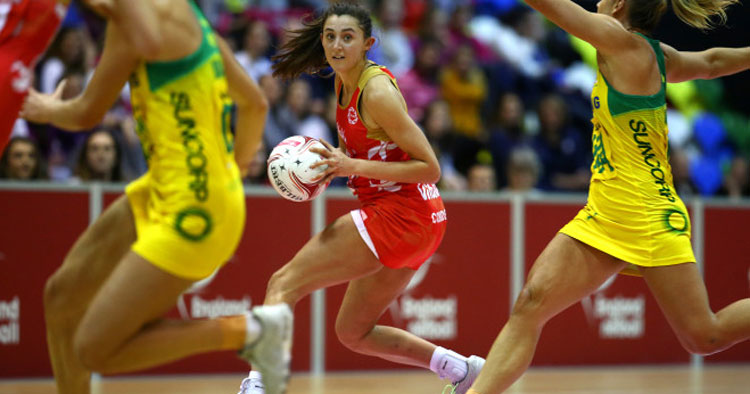Back and Joint Pain, Sports Injuries and Management
The Causes and Presentation Of Meniscal Tears
What Is The Typical Presentation Of A Meniscus Tear?
Often an acutely torn meniscus can cause pain, swelling and stiffness of the knee. Including potentially causing a block or lock to full knee motion, or a limitation to full extension of, or bending of the knee. However the symptoms associated with meniscal tears may vary from individual to individual depending on the type and severity of the tear. Medial meniscal tears are reportedly more commonly than lateral meniscal tears, therefore with regard to this phenomenon symptoms such as pain associated with meniscal tears may be more commonly experienced on the inside of the knee than the outside of the knee.
Often with meniscal tears an individuals tolerance to running, kneeling and squatting actions are poor, loading of the knee with activities such these may simply be uncomfortable, or may feel completely impossible. Although having said that many meniscus tears do not necessarily present with these characteristic symptoms and it isn’t uncommon for some individuals symptoms associated with meniscal tears to settle “spontaneously”.
Causes And Risk Factors For Meniscal Tears
There are two main types of meniscal tears, traumatic and degenerative. A traumatic tear is one associated with a otherwise healthy menisci being exposed to significant force causing injury, verses a degenerative tear being a tear triggered by lessor forces, on less healthy meniscal tissue. Degenerative tears are a feature common in older individuals and are often not associated with sport being the main cause. Yet for the traumatic meniscal tears in the younger healthy population these types of tears a more common in the athletic population. Some of the noted risk factors for meniscal tears include:
- Age – Increasing age causes wear and tear on your knees and with age the meniscus in the knee becomes “weaker and thinner”. As a result of this thinning the meniscus is more prone to tearing. Conversely meniscal tears are relatively uncommon in children, certainly so in young children, where such injuries are particularly rare. Meniscal issues in the older population are more likely to be related to degeneration. The degenerative changes of the knee that occur with age can contribute to a meniscal tear often with little or no trauma. Therefore pre-existing pathologies such as osteoarthritis are seen as a risk factor for suffering meniscal injuries.
- Obesity – Being overweight and having a higher BMI is considered a risk factor for meniscal injury. Because the menisci are our knees “shock absorbers” it makes sense that more load going through them would lead to more risk of injury to these little shock absorbers.
- Male – Being male is an increased risk for meniscal injury, however this is considered mostly likely due to males increased involvement in at risk sporting activities more so than an actual genetic gender acquired anatomical difference.
- Sport – Involvement in sports or activities involving aggressive pivoting, sudden stops, or twists and turns put the individual at risk of meniscal tears. Meniscus tears are common in sports such as volleyball, tennis, netball and soccer and often occur in conjunction with other knee injuries like an anterior cruciate ligament (ACL) injury.
- However, it isn’t just involvement in your classic ball sports that are the only high risk activities. Sports, work, or leisure activities involving kneeling, deep squatting or lifting heavy can also lead to a torn meniscus. So power lifters, weight lifter and casual gym goers alike occasionally present to our practice with meniscal symptoms. But in our experience these non-rotational causes of meniscal injury presenting to our practice, are typically more degenerative type meniscal injuries, occurring in the older knee or the knee that has previously undergone some sort of trauma.
- Reduced muscle strength around the trunk, hip and knee, as well as varus or valgus deformity of the lower leg changing the angles at the knee also increase the risk of meniscal tears.
At Sydney Physio Clinic we regularly see and treat meniscal injuries in the knee caused through a variety of ways and present across a wide age range. Whatever the suspected trigger and certainly whatever you age our physio team a here to help assess and treat your knee injury and assist you in getting back to your best wherever possible.
Disclaimer: Sydney Physio Clinic does not endorse any treatments, procedures, products mentioned. This information is provided as an educational service and is not intended to serve as medical advice. Anyone seeking specific advice or assistance regarding The Causes and Presentation Of Meniscal Tears should consult his or her orthopaedic surgeon, general practitioner, sports medicine specialist or physiotherapist.


